Currently Empty: ₹0.00

Using Laptop and PC Working at Home
25 Mar, 2024
London, UK
Speak with an Expert Counsellor for Free!
Step into a transformative chapter where education blends with self-discovery. In France, you’ll experience world-class learning and rich cultural exploration, setting the stage for a future filled with possibilities.

Begin your application with these essential documents
 High-Quality Education
High-Quality Education Affordable Tuition Fees
Affordable Tuition Fees Cultural Experience
Cultural Experience Diverse Study Options Opportunities
Diverse Study Options Opportunities Language Barrier
Language Barrier Bureaucracy
Bureaucracy Cost of Living
Cost of Living Limited Work Opportunities
Limited Work OpportunitiesBegin your application with these essential documents





Cost: €99
Cost: €99
Cost: €200–€300
Webinar and Seminar









